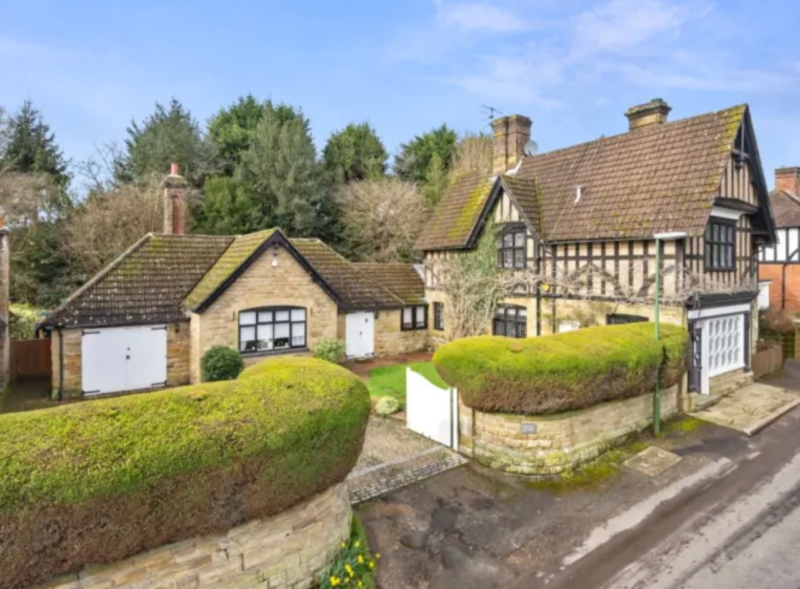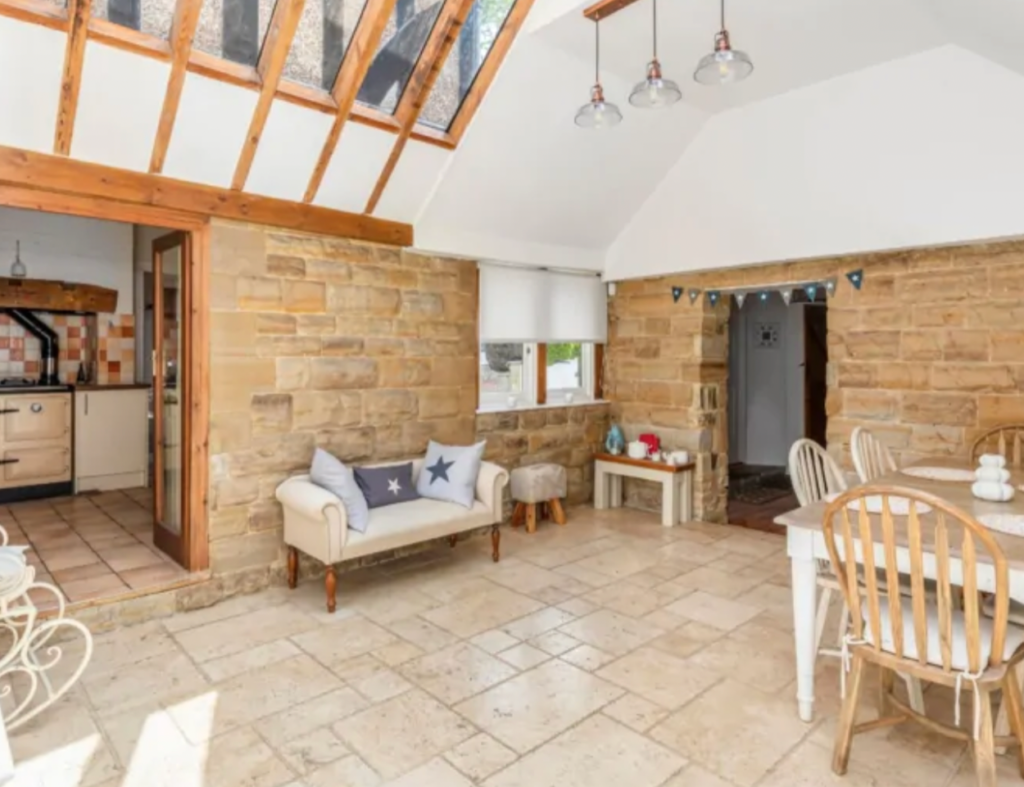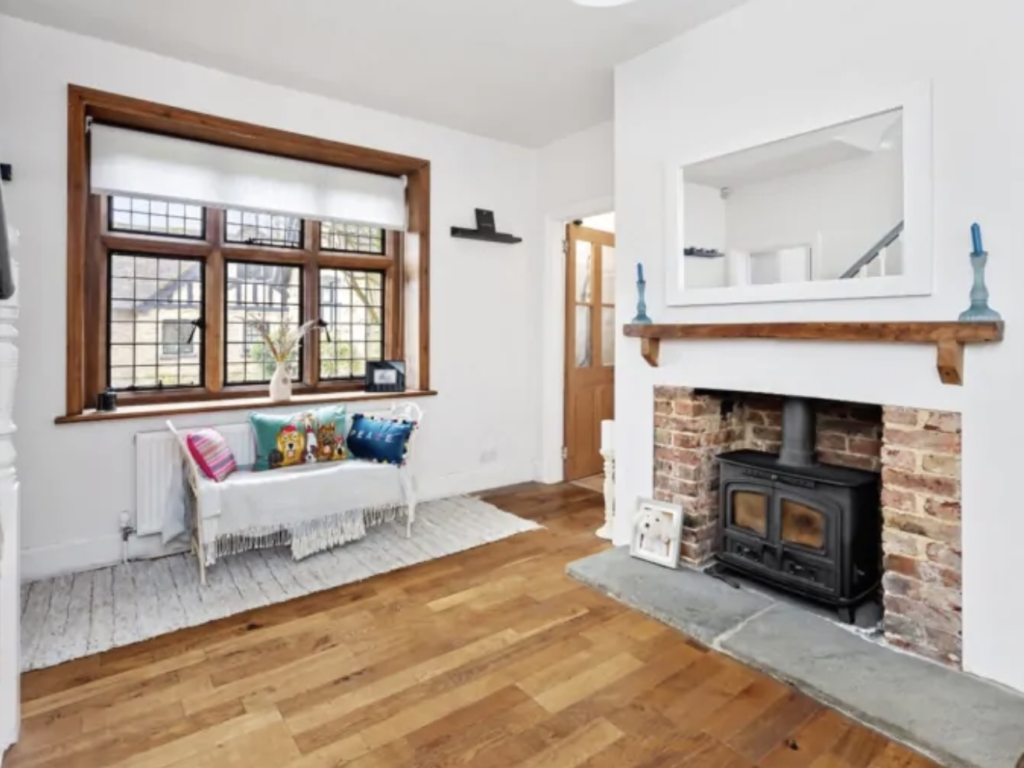
TOP TIPS FOR RENOVATING A PERIOD PROPERTY
Renovating a period property can be a thrilling yet challenging endeavour for homeowners. However, the process requires careful consideration and planning to preserve the property’s historical integrity while making it suitable for contemporary use, whether that’s for your own use or to make the property suitable for letting.
Period homes, whether it’s Victorian, Georgian or Tudor in nature, each come with their own set of quirks and features that make them special. We’ll explore essential tips to help you navigate the complexities of renovating a period property, ensuring that you can create a home that honours its past while embracing the future.
Start with Research and Planning
Begin by identifying your home’s specific architectural style and era, as this knowledge will guide your decisions throughout the renovation process, ensuring that any changes remain sympathetic to the property’s original character.
Next, consult with local planning authorities to understand any restrictions or regulations that may apply to your property. Many period homes are listed or located in conservation areas, which can limit the types of alterations you’re allowed to carry out.
Finally, set a realistic budget and timeline for your project – renovating properties often uncovers unexpected issues, so it’s wise to include a contingency fund of at least 20% of your total budget.

Carry Out a Structural Assessment
Hiring a qualified surveyor with experience in historic buildings will ensure that any potential problems are uncovered before you start work, so you can factor in repairs accordingly. Common problems in older homes can include damp, rot and structural instability, which have developed over decades in some cases.
A survey not only guarantees the safety and longevity of your home but can also prevent costly damage in the future. A solid structural foundation will provide peace of mind and potential buyers if you choose to sell in the future, and allows you to focus on the more exciting aspects of bringing your period home back to life.
Preserving Original Features
Preserving original features is at the heart of any period property renovation – these elements are what give your home its unique character and historical value. The golden rule is to restore rather than replace whenever possible. This approach maintains authenticity, but it can also be more cost-effective in the long run.
Carefully assess and document all the original features, from ornate fireplaces and decorative mouldings to wooden floors and vintage door hardware, and identify which you want to keep. When restoration is necessary, you can source authentic materials and fixtures that match the original as closely as possible – specialist suppliers and salvage yards can be invaluable resources here.
Updating for Modern Living
While wanting to preserve the historical essence of your period property is crucial, integrating modern amenities is equally important for comfortable living and to attract renters or buyers in the future. Energy efficiency is a priority for many, so adding insulation to walls and loft spaces can be beneficial, along with draught-proofing around windows and doors, secondary glazing for older windows, and updating electrical and plumbing systems to ensure they meet current standards and lifestyle needs.
Working with Specialists
Renovating a period home often requires expertise beyond that of a general contractor. Working with specialists who understand the nuances of historic buildings can make a significant difference in the quality and authenticity of your renovation. You should seek out craftspeople skilled in traditional techniques, such as stonemasons, plasterers or carpenters where possible, or collaborate with a conservation architect who can guide you through the renovation process, ensuring that your plans respect the building’s heritage while meeting modern standards.
Renovating any property requires patience, dedication and, in the case of period homes, a deep appreciation for historical craftsmanship. The key to success lies in striking a delicate balance between preserving the past and adapting for the future. A well-executed renovation not only creates a comfortable living space for you but also contributes to the preservation of our architectural heritage for future generations.
For specialist advice when it comes to selling or letting your property, get in touch with Hunters Group today.







